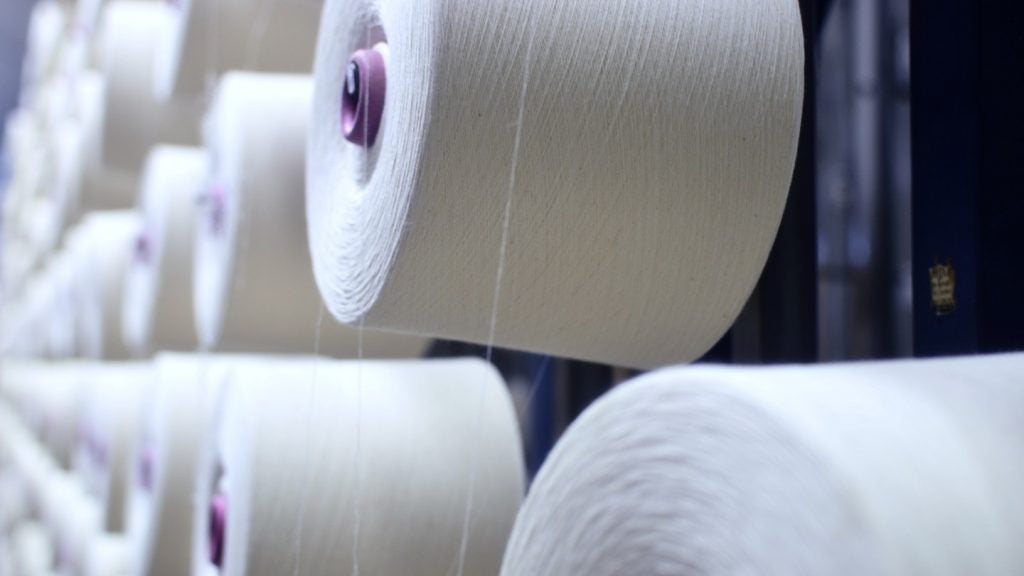The report, titled "Cities and consumption: Local solutions to curb textile waste and combat fast fashion," presents practical measures and innovative solutions being adopted at the municipal level.
The report underscores a range of approaches that city authorities are using to encourage more sustainable consumption patterns among citizens and reduce waste.
Some of the initiatives highlighted include:
- Restricting advertising in public spaces in cities like Lille, Grenoble, and Lyon to alleviate consumerist pressure.
- Offering repair incentives to cover citizens' repair costs, such as in Austria.
- Endorsing product-as-a-service models such as Copenhagen's clothing library, Det Kollektive Klædeskab, which fosters sharing over ownership and cuts waste.
- Organising sustainable fashion events to bring together ethical fashion brands and consumers, like Ghent’s Fair Fashion Fest and Geneva’s GardReObes.
The report also includes notable examples of city-led initiatives:
Turku in Finland: The city has invested in infrastructure to support textile circularity and is part of a global coalition of mayors advocating for slow fashion. It urges international bodies like the EU and G7 to create regulations that support slow fashion businesses and challenge the dominance of fast fashion.
Nantes, France: This city has introduced public funding for a "Slow Fashion Training" programme to educate on the fast fashion's environmental and social impacts. It was developed in collaboration with Audencia’s Positive Impact Chair.
Flanders in Belgium: This region is championing textile reuse through social enterprise schemes, with a target of 8kg per capita for textile reuse facilitated by dedicated centres. It offers wage subsidies for the collection, sorting, and preparation of textiles for reuse.
Commenting on the initiatives, Zero Waste Europe waste & resources policy officer Theresa Mörsen said: “From the case studies in our report, it’s evident that while each initiative addresses fast fashion waste differently, they collectively demonstrate remarkable ambition, innovation, and potential for broader impact.”
The urgency for such initiatives is underscored by the rapid increase in global fibre production for textiles since 2000. With an average EU citizen discarding 16kg of textile waste annually, amounting to 6.95 million tonnes in 2020 alone, and a capture rate for textile recycling at a mere 12%, the need for systemic change is clear.
Despite having enough clothes to last for the next six generations, production continues to increase.
While discussions continue in the EU regarding future steps for the Waste Framework Directive (WFD), cities across Europe are already taking meaningful action to address textile waste and promote more sustainable consumption.
Zero Waste Europe local implementation head Jack McQuibban said: “It should not fall to cities to curb the unsustainable practices of fast fashion companies. Yet as this report showcases, regardless of a lack of strong EU and national legislation on this issue, some cities are beginning to set a precedent on initial steps to promote more sufficiency-based lifestyles that respect our planetary boundaries.”
In September last year, Zero Waste Europe published a new report calling for governments to take action to move fashion brands towards sustainability.















